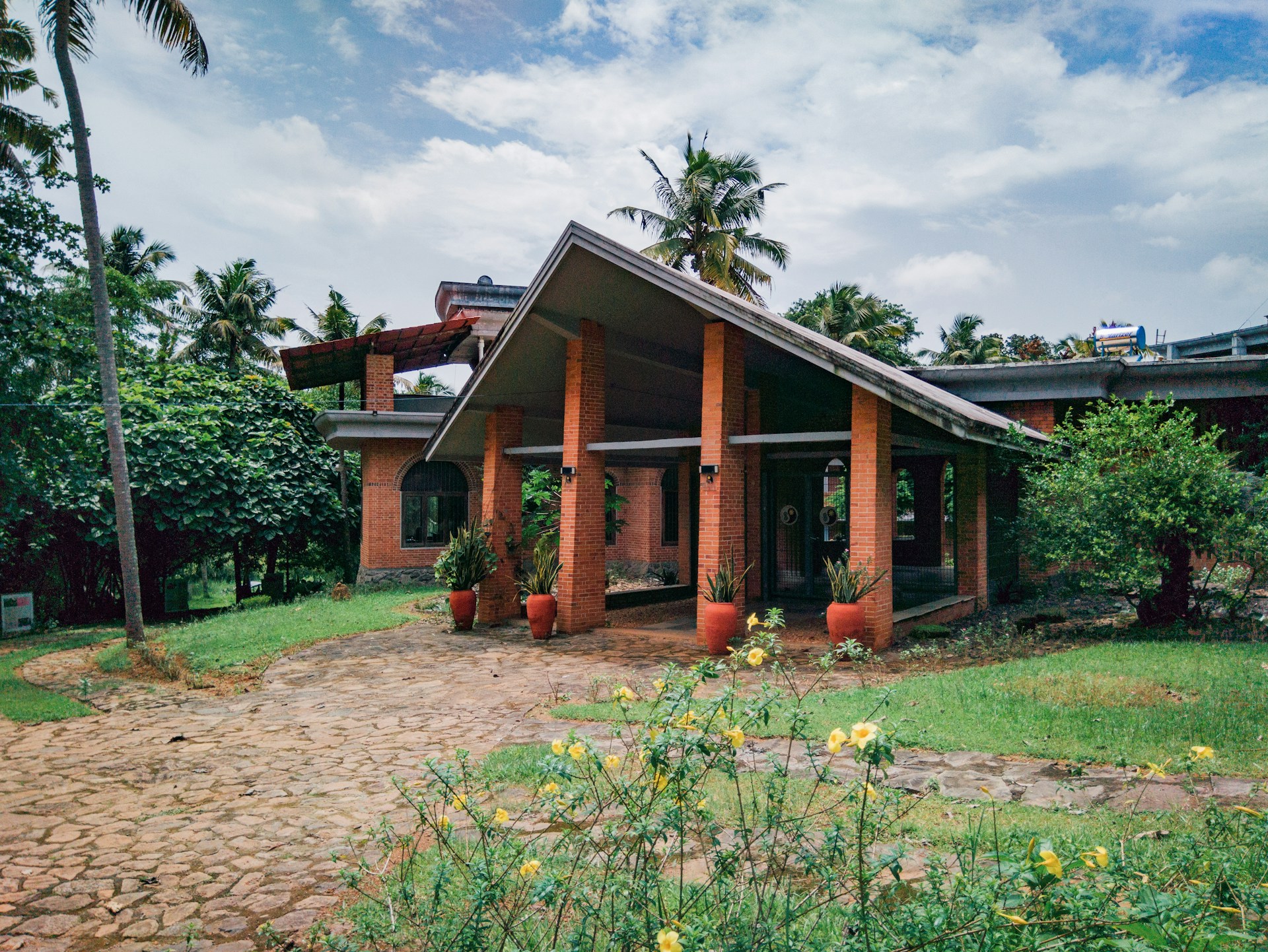Climate Change and Resource Reduction

An in-depth look at the physical environment and habitats within the destination provides a gauge the potential for certain types of tourism within a destination. By understanding the nature of the physical landscape, a truly sustainable range of products, services and attractions can be developed.
With this knowledge, tourism developments can be better protected commercially, with reduced impact from climate change and the cost fluctuations in energy costs and infrastructure.

The sustainability life-cycle
Destinations, tourism and hospitality developers make decisions that often entail complex engineering and elaborate construction projects, ultimately requiring operational management. For the destination the governance of standards and implementation of policy has consequences, while for the operator legal compliance to safety, environmental and technical standards are paramount....
We understand that the compliance regime, and adoption of sustainability standards alongside
operating and design standards by authorities, plays a key role in the longer-term success of the destination or individual development. These sustainable criteria should not be ‘pushed back’ by operators or developers in an effort to reduce their costs, but maintained for the benefits they provide.
In setting standards that enhance environmental performance, increase transparency and provide improved metrics, developers should be focused on the lifecycle costs of enhanced operational performance.Read more

C-Footprint and Energy reduction
The single greatest global challenge is climate change, with direct impact on more than 1 billion people. Business as “usual” is a great risk, with the certainty of increased catastrophic events, (as has been experienced over the past year of COVID, fires across the world and increased flooding and droughts). occurring more frequently across the globe and with global consequences... The “we save it for our children” mantra is now invalid, as everyone now is “saving it for themselves” since global climate patterns have altered at an escalating pace.
Currently renewable energy sources are replacing carbon energy demand through technological advances. Some industrial ‘pockets’ resist change, however trends globally show that governments continually increase the penalties on polluters, and this will increasingly be through tax schemes on emissions. Tourism must protect itself from the future of penalties on historic carbon-based energy and power solutions.Read
more

Reduction and Recycling
Little needs to be said on the importance of water management and recycling that has not been reiterated for over 3 decades. A vital resource for all local communities, water is a source of great contention when they see it diverted into tourism and hospitality facilities.
Plastic, in particular “single-use plastic” (SUP)... is pervasive worldwide threat to every tourism and human health activity dependent on pristine, unpolluted environments. With the exception of medical products SUP should be actively eradicated.
The most effective actions seen globally are in destinations with the necessary tax and deposit systems which alter consumer behavior to ensure 80-90% recycle rates. Many destinations now prohibit water sales in plastic bottles, with their hotels and tourist
facilities immediately benefiting from their own high-quality water sales in re-useable bottles. All it takes is commitment to change, as the planning and tools are available.Read
more

Waste management
The best recycling programs are those with nothing to recycle. The avoidance of waste begins with management of resources, suppliers and the consumption value-chain, and finally efficient recycling management. The cradle-to-cradle circular economy at work...
While recycling is vital, of equal importance is eradication of certain types of waste and halting their production. The level of environmental damage caused from human single-use plastic is at a global scale, the consequences are global and near catastrophic.
Ideally governments should lead solutions, but even national solutions begin at the local level. Where this is lacking tourism should take the lead, since tourism and the good it brings is also the first industry that is chronically impacted when pollution and environmental degradation impacts destinations.Read more
As sustainability and corporate responsibility has gained prominence, so corporations and destinations have gone to great lengths to ensure their PR and brand image incorporates CSR or ESG elements. Sadly, that effort has spurred “greenwashing” on a large scale, without any substance at the operational level.
There are however thousands of examples of tourism industry leadership. We have assessed over 400 destinations, tourism corporations and individual resorts around the world: These best-practice examples can be implemented at destination or individual business level in any location.

Which Green Certification?
Selecting appropriate certification for any business is an option, its chief benefit being a set
a guidelines and metrics against which to measure performance. The best of them create a
‘virtuous circle’ of value, many provide only superficial reporting and no commitment.
Increased business and consumer ‘optics’ has seen a...
proliferation of ‘green’ programs. The success of any meaningful sustainability program is
its ability to measure and improve effort over time, indicating real performance and
commitment at the destination, corporate and operational level.
The most common error in
selecting a green program is the lack of awareness of real sustainability issues, many
leveraged by PR and Marketing agents, leaving destinations and businesses vulnerable, while
trying to do the right thing.Read
more

Grading & Classification
Destinations, governments and tourism authorities spend heavily on infrastructure, marketing,
promotion and ensuring a safe, secure tourism environment. However, when setting standards for
tourism or hospitality operators insufficient attention is paid to environmental standards and
operational management....
With careful development
of appropriate, local grading, classification and licensing standards incorporating
sustainability measures, tourism sectors are certified not only on the quality of their
facilities and services, but on the overall quality of the management and its environmental
stewardship.Read
more

Engaging Guests and Staff
It is a simple fact: the greater the knowledge and understanding by local tourism practitioners
of local environmental, historic and cultural affairs, the better the guest experience in any
destination. Over and above their technical expertise it is the engagement of staff into
meaningful contributions and their ability to transmit that to guests and visitors, that makes
the difference...
In every assessment conducted across
hundreds of sustainable destinations and tourism businesses, it is those organisations which
sincerely engage management, staff and visitors in sustainability that ultimately succeed,
not only in their ‘green effort, but as businesses with dedicated teams and loyal
customers.Read
more
